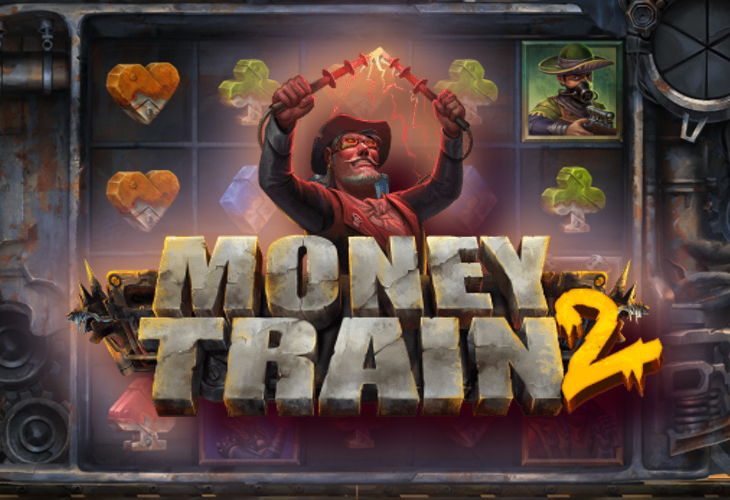Occasionally, a competition arises between two exceptional individuals from Britain. One is steadily progressing towards greatness but has not quite reached it yet, while the other is a well-established figure who is just beginning to decline.
In my younger days, the March 1977 match between Dave Boy Green and John H Stracey stands out as a prime example. Stracey had achieved remarkable success, excelling as an amateur and claiming the British and European welterweight titles in 1973 and 1974 respectively. In 1975, he even triumphed over the legendary Jose Napoles in Mexico City to win the WBC title. This victory was the most significant and unexpected accomplishment by a British boxer on foreign soil since the war, in my opinion, until Lloyd Honeyghan achieved a similar feat in 1986 by defeating Don Curry. After losing his title to Carlos Palomino in 1976, Stracey’s bout with Green marked his return to the ring.
Contrary to popular belief, Green displayed immense potential despite doubts about his readiness to face Stracey. However, those skeptics were proven wrong as an outstanding fight ensued, culminating in Green’s remarkable victory over the formidable Bethnal Green fighter in the 10th round.
I recently came into possession of pictures from the 1941 contest between Eric Boon and Jack Kid Berg. Boon, who had become the British lightweight champion in 1938 and showed immense potential like Green, faced skepticism when matched against Berg, particularly in the welterweight category.
In March 1940, the scheduled meeting between the two men was set to take place at Earls Court. However, Boon decided to withdraw from the contest at the eleventh hour, which led to Berg facing and defeating a substitute named Eddie Ryan, who was arranged as a replacement at a very late notice. During this period, the promoter Sydney Hulls, along with Jack Solomons, were in a disagreement with the Board and did not possess a license.
Hulls was London’s leading promoter at that time, but despite this the Board could not allow one of their champions to box for him on an unlicenced show. Boon was warned off. Intriguingly, in reporting Boon’s withdrawal, BN stated that “Over the weekend the game fairly bristled with rumours. The most fantastic stories were being circulated about gangsterism, legal actions etc. This is the sort of thing that is killing the game.” It was ever thus!
On 21 April 1941, at the Coliseum in Charing Cross, the two men finally crossed paths again. Interestingly, they were both working under the same promoter. Hulls had managed to settle his disputes with the Board and regain his license.
BN reported it as being the “Best Fight of the Year” and stated that “Berg will have experience on his side, but Boon will have youth, and it seems to us that the last-named quality should prevail.” Berg, at 31, was 10 years older than Boon, and, like Stracey, was an ex-world champion who had achieved everything there was to achieve in the game. He had boxed extensively in the States where he had won his title. He returned to the UK from his most recent tour in 1939, after the declaration of war, and had joined the RAF. He had also won all 11 of his UK contests and fancied his chances against the youngster.
What a disappointment the contest proved to be. In front of a packed house, BN reported that “Boon has never before quite had anyone like Berg to deal with, and it was plain to all that the fast, two-handed hitting from all angles at close quarters completely nonplussed him. Chased around the ring, bumped, tied up, and stung with punches that apparently came from nowhere, Boon began hitting out recklessly, with dire consequences. The first low blow hurt Berg, but did not disable him, the second drew a storm of disapproval from the spectators, and the third sent Jack rolling in the resin, and brought about the instant disqualification of the culprit.”
Similar to Green, Boon also failed to achieve the title of world champion, making it Berg’s final significant triumph.

